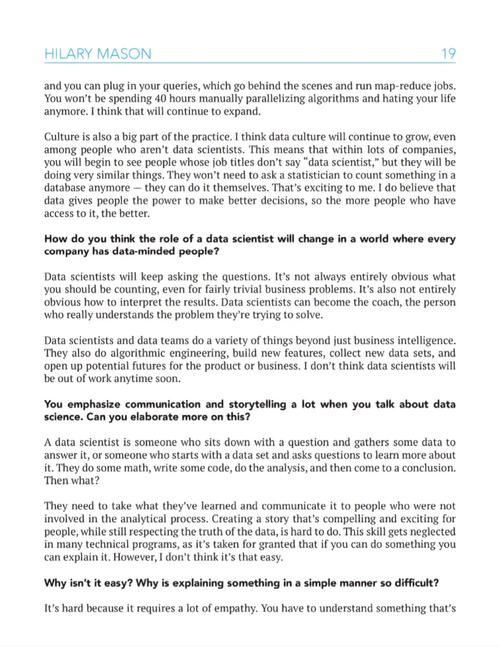
Data Science: Ethical Considerations and Data Handling
Data science has become an integral part of our daily lives, influencing everything from the products we buy to the services we use. However, with this growing reliance on data, ethical considerations and proper data handling have become more crucial than ever. In this article, we will delve into the ethical aspects of data science, the importance of data handling, and the best practices to ensure a responsible and transparent approach to data science.
Understanding Ethical Considerations in Data Science
When it comes to data science, ethics is a multifaceted concept that encompasses various aspects. One of the primary ethical concerns is privacy. Data scientists must ensure that they collect, store, and use data in a way that respects individuals’ privacy rights. This means obtaining informed consent from participants, anonymizing sensitive data, and adhering to data protection regulations such as the General Data Protection Regulation (GDPR) in the European Union.

Another critical ethical consideration is fairness and bias. Data science models can inadvertently perpetuate or amplify existing biases in the data they are trained on. It is essential for data scientists to be aware of these biases and take steps to mitigate them. This includes using diverse datasets, implementing fairness metrics, and involving stakeholders in the model development process.
Transparency is also a key ethical consideration. Data scientists should be transparent about the data they use, the methods they employ, and the results they obtain. This allows stakeholders to understand the limitations of the data and the models, fostering trust and accountability.
The Importance of Data Handling in Data Science
Data handling is a critical component of data science, as it directly impacts the quality and reliability of the data used in analysis. Proper data handling ensures that the data is accurate, complete, and consistent, which is essential for making informed decisions. Here are some key aspects of data handling:
Data Collection: Data scientists must collect data from reliable sources and ensure that the data is relevant to the research question. This involves understanding the context in which the data was collected and verifying its accuracy.

Data Storage: Storing data securely is crucial to prevent unauthorized access and data breaches. Data scientists should use encryption, access controls, and other security measures to protect sensitive information.
Data Cleaning: Data often contains errors, inconsistencies, and missing values. Data cleaning involves identifying and correcting these issues to ensure the data is of high quality. This can include removing duplicates, handling missing values, and correcting errors.
Data Integration: Data scientists often work with multiple datasets, which may require integration to create a comprehensive view of the data. Proper integration techniques, such as merging and appending, are essential to maintain data integrity.
Best Practices for Ethical Data Science
Adhering to ethical principles and best practices in data science is essential for building trust and ensuring the responsible use of data. Here are some best practices to consider:
Collaboration: Engage with stakeholders throughout the data science process to ensure that their concerns and perspectives are considered. This can help identify potential ethical issues and ensure that the data science project aligns with the organization’s values and goals.
Continuous Learning: Stay informed about the latest ethical guidelines, regulations, and best practices in data science. This will help you stay ahead of potential ethical challenges and ensure that your work remains responsible and compliant.
Accountability: Take responsibility for the data you collect, analyze, and share. This includes being transparent about the data’s source, the methods used, and the potential implications of your findings.
Respect for Human Rights: Ensure that your data science work respects human rights and does not contribute to discrimination or harm. This involves considering the potential impact of your work on marginalized groups and taking steps to mitigate any negative consequences.
Data science has the potential to revolutionize the way we live, work, and interact with the world. By adhering to ethical principles and best practices, we can harness the power of data science to create a more equitable, transparent, and responsible future.



